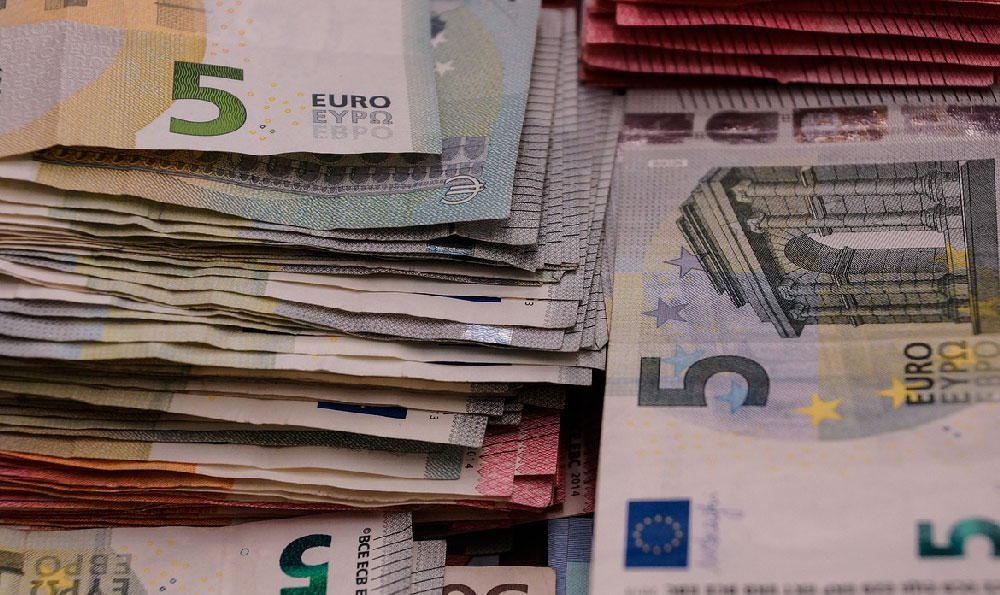
Antony Fauci, the esteemed director of the National Institute of Allergy and Infectious Diseases (NIAID), has long been a prominent figure in the global fight against infectious diseases, most notably during the COVID-19 pandemic. While his role as a public health advisor is widely recognized, the question of his potential earnings from the development or distribution of vaccines raises intrigue and invites a nuanced examination of the intersection between public service, intellectual property, and financial incentives. To fully address this, one must delve into the broader economic landscape of vaccine research, the mechanisms through which individuals might derive financial benefit from such efforts, and the ethical considerations that often accompany these dynamics.
The development of vaccines is a complex and costly endeavor, typically requiring decades of research, clinical trials, and regulatory approvals. Pharmaceutical companies and research institutions invest billions of dollars in these projects, with success often dependent on factors such as the vaccine's efficacy, the scale of production, and the demand in different markets. When a vaccine is successful, its creator or associated stakeholders may receive royalties, licensing fees, or other financial gains tied to its commercialization. However, in the case of public sector scientists like Fauci, whose work is often funded by government grants, the matter of personal income from vaccines becomes more intricate.
Fauci's contributions to vaccine science have been primarily through his research and advisory roles, rather than direct commercial involvement. His work at NIAID has focused on understanding immunology, disease mechanisms, and developing therapeutic approaches, which are often disseminated through public channels without immediate financial returns. While he may have been involved in collaborative projects with private companies—such as those related to the development of antiviral treatments or vaccines—any potential earnings from these partnerships would typically be disclosed in public records or public statements. Moreover, as a public servant, his income is likely tied to his government position rather than direct financial gains from vaccine sales.

The broader question of who benefits financially from vaccines brings to light the multifaceted nature of the pharmaceutical industry. Vaccine developers, whether in the public or private sector, often rely on a combination of government funding, nonprofit partnerships, and commercial agreements to sustain their research. In the private sector, companies that produce vaccines may distribute them at cost or generate profits through price mechanisms, which can vary significantly based on market conditions, production costs, and public health policies. Publicly traded pharmaceutical firms, for example, may report substantial revenue from vaccine sales, but this is reflected in the broader market rather than individual figures like Fauci.
However, it's important to distinguish between direct financial gains and indirect benefits. For instance, while Fauci may not personally profit from vaccines, his expertise and recommendations can influence the trajectory of vaccine development and distribution, which in turn can impact the financial outcomes of institutions and companies involved in these projects. This indirect influence is significant, as his guidance has shaped global health strategies, affected public perception, and altered market dynamics surrounding vaccines.
The financial landscape of the vaccine industry also includes elements such as intellectual property (IP) rights. Patents on vaccine technology can provide long-term revenue streams for developers, especially when the vaccine is licensed to multiple manufacturers or used in global initiatives. In some cases, the revenue generated from these licenses is shared with the research institutions or governments that funded the initial development, but this again depends on the specific agreements in place.
Investing in vaccines, whether through direct purchase or indirect channels, involves both opportunities and risks. The potential for high returns exists, particularly in the context of pandemics or emerging diseases, where demand for vaccines can surge rapidly. However, the industry is not without its challenges, including the high costs of research and development, regulatory hurdles, and the volatility of public health outcomes. Investors must carefully evaluate these factors before allocating resources to vaccine-related assets.
In conclusion, while Antony Fauci's direct financial earnings from vaccines may not be a primary focus of public discussion, his role in the broader field of vaccine science and public health has undoubtedly contributed to the success and impact of various vaccines. The financial benefits of vaccines are multifaceted, involving a mix of public and private stakeholders, and require careful consideration of both individual contributions and systemic factors. Understanding these dynamics can provide valuable insights into the economic incentives that drive vaccine development and the potential for investment in this critical sector of healthcare.





